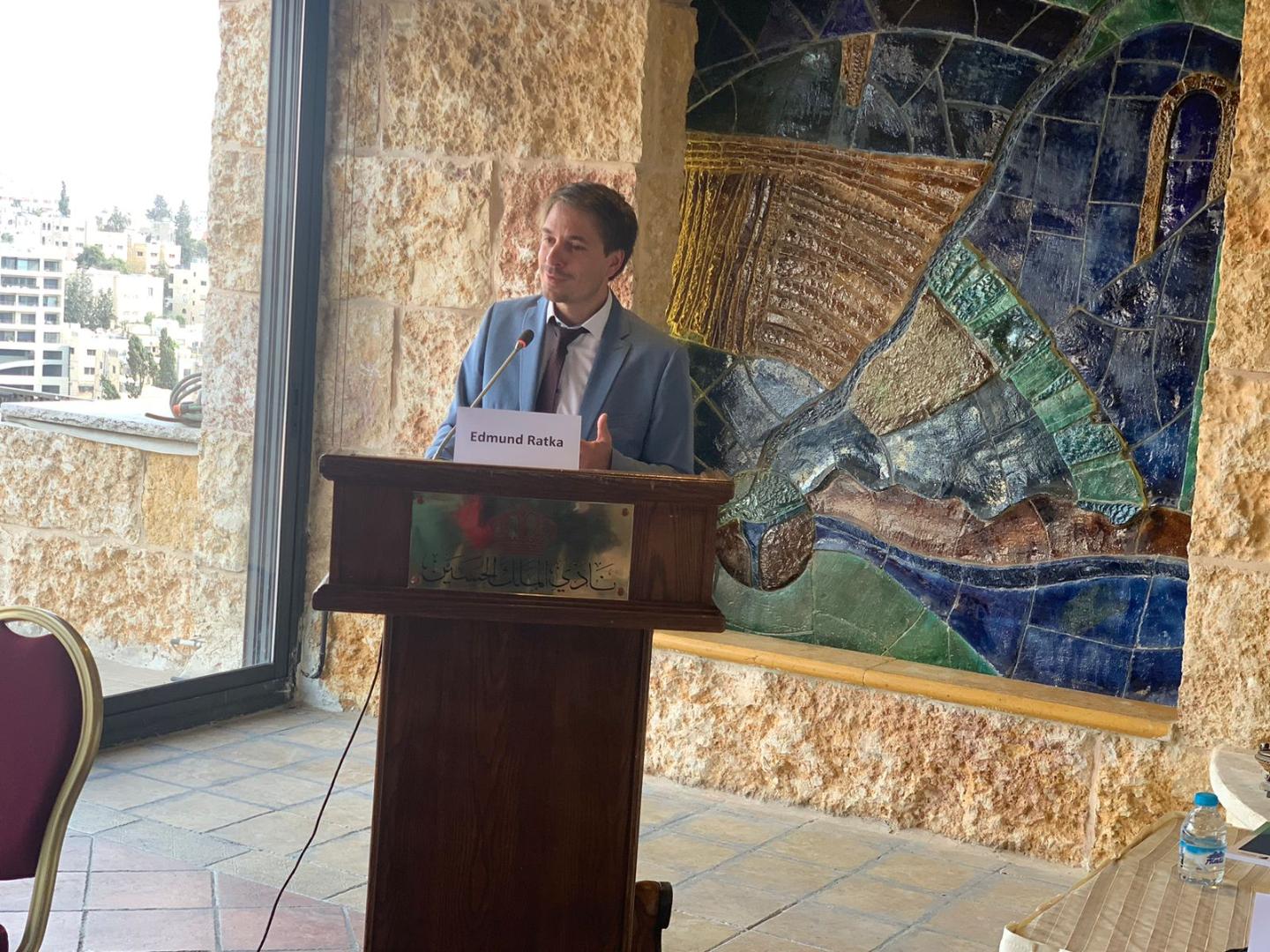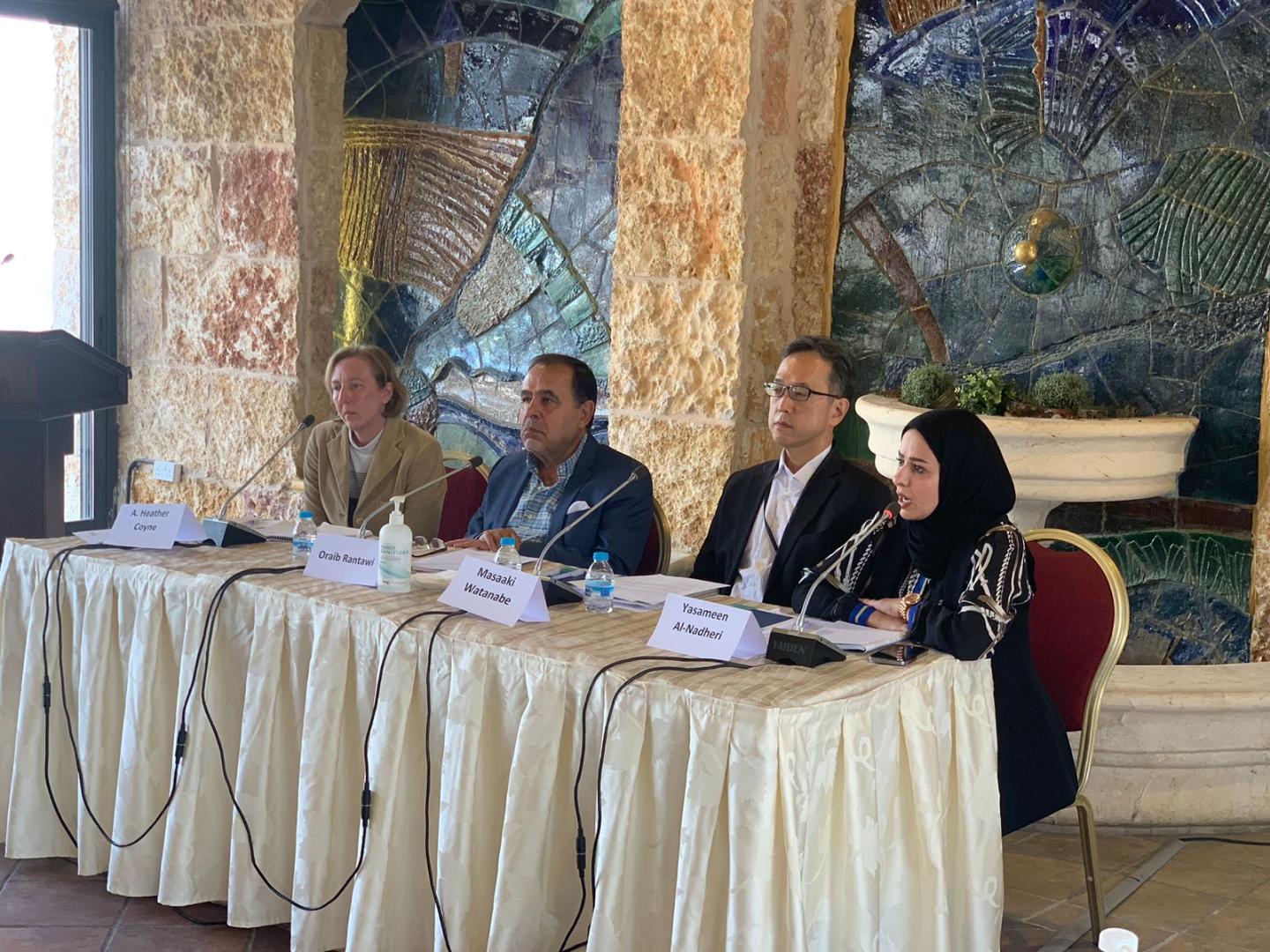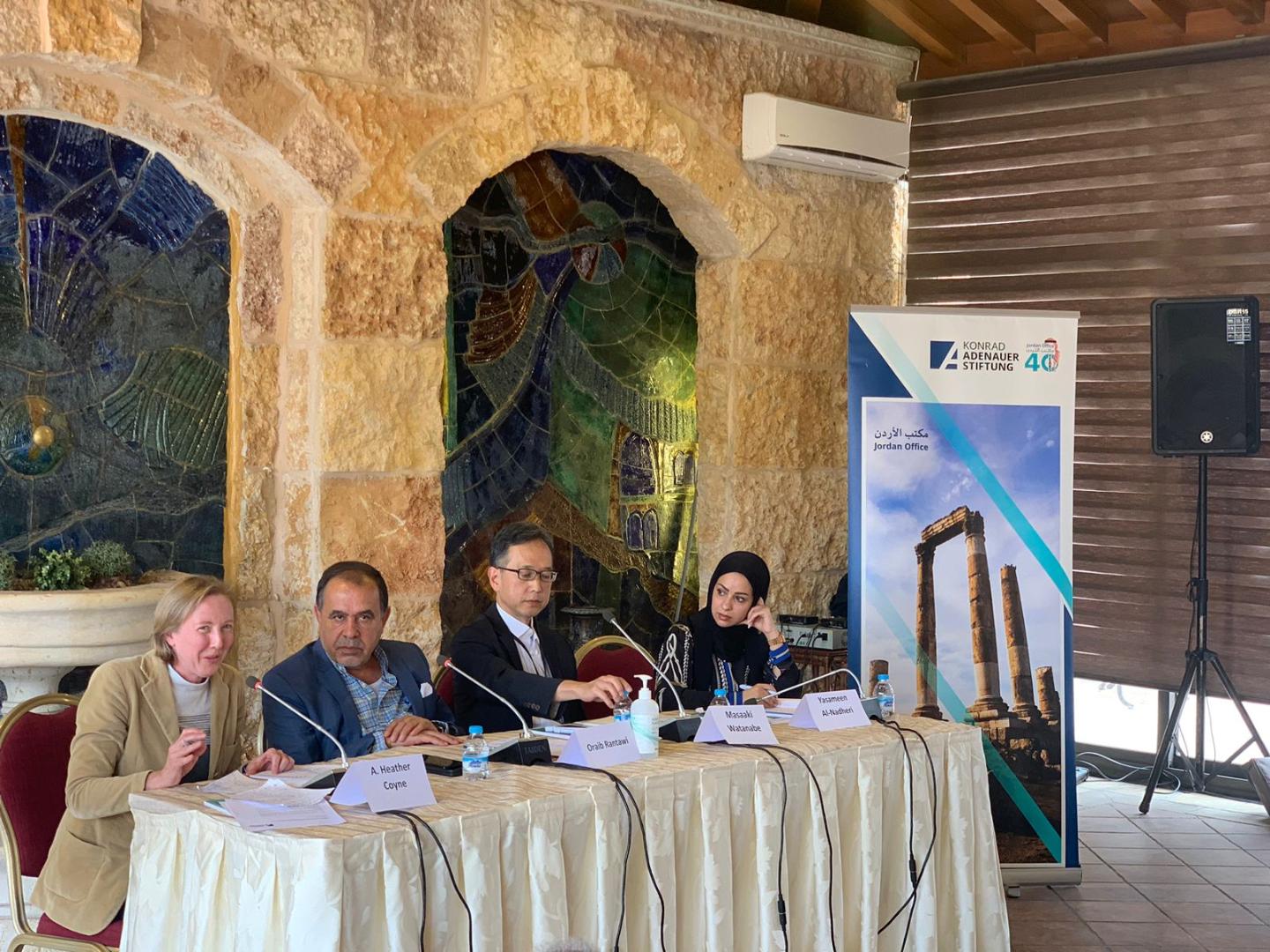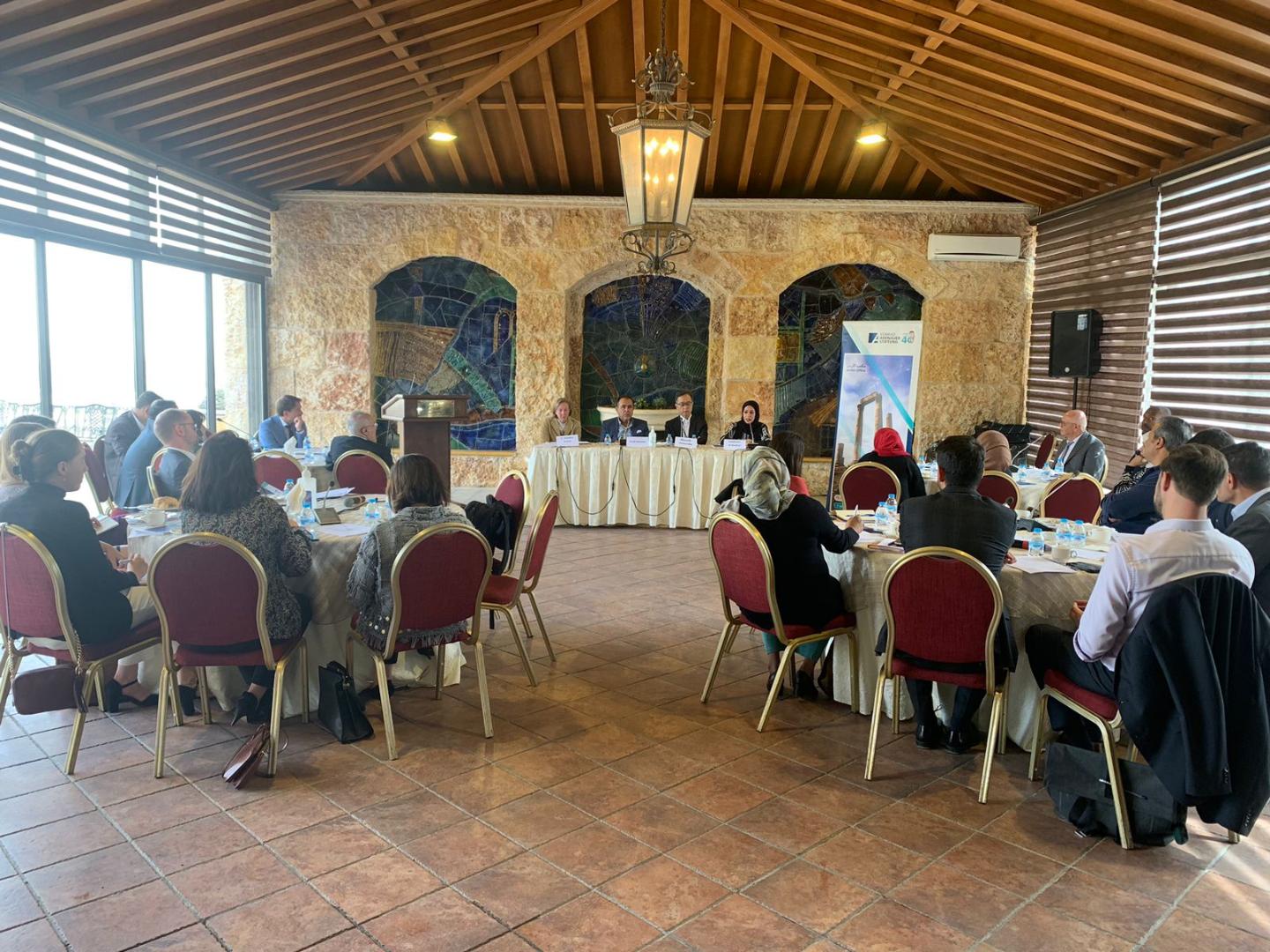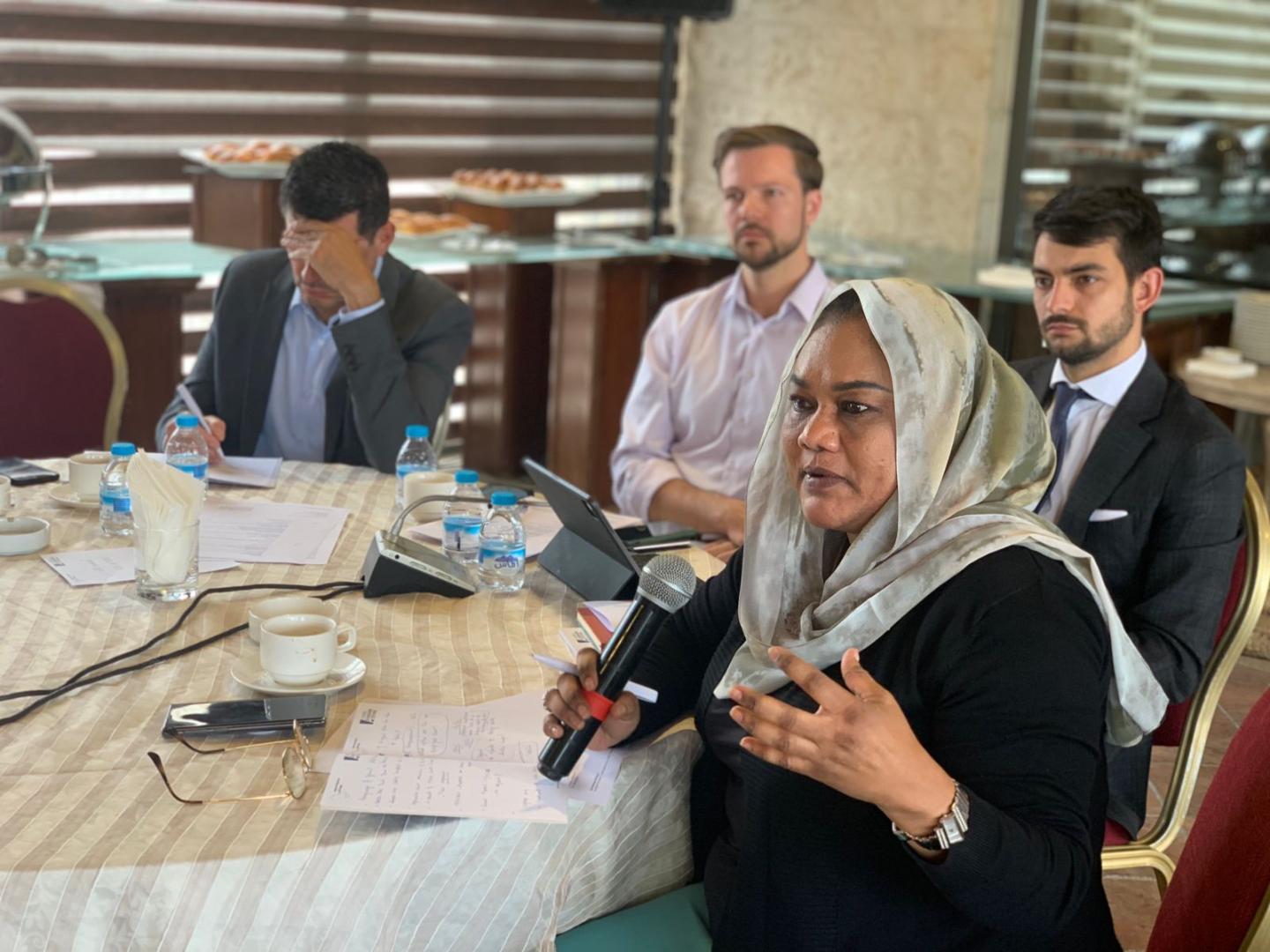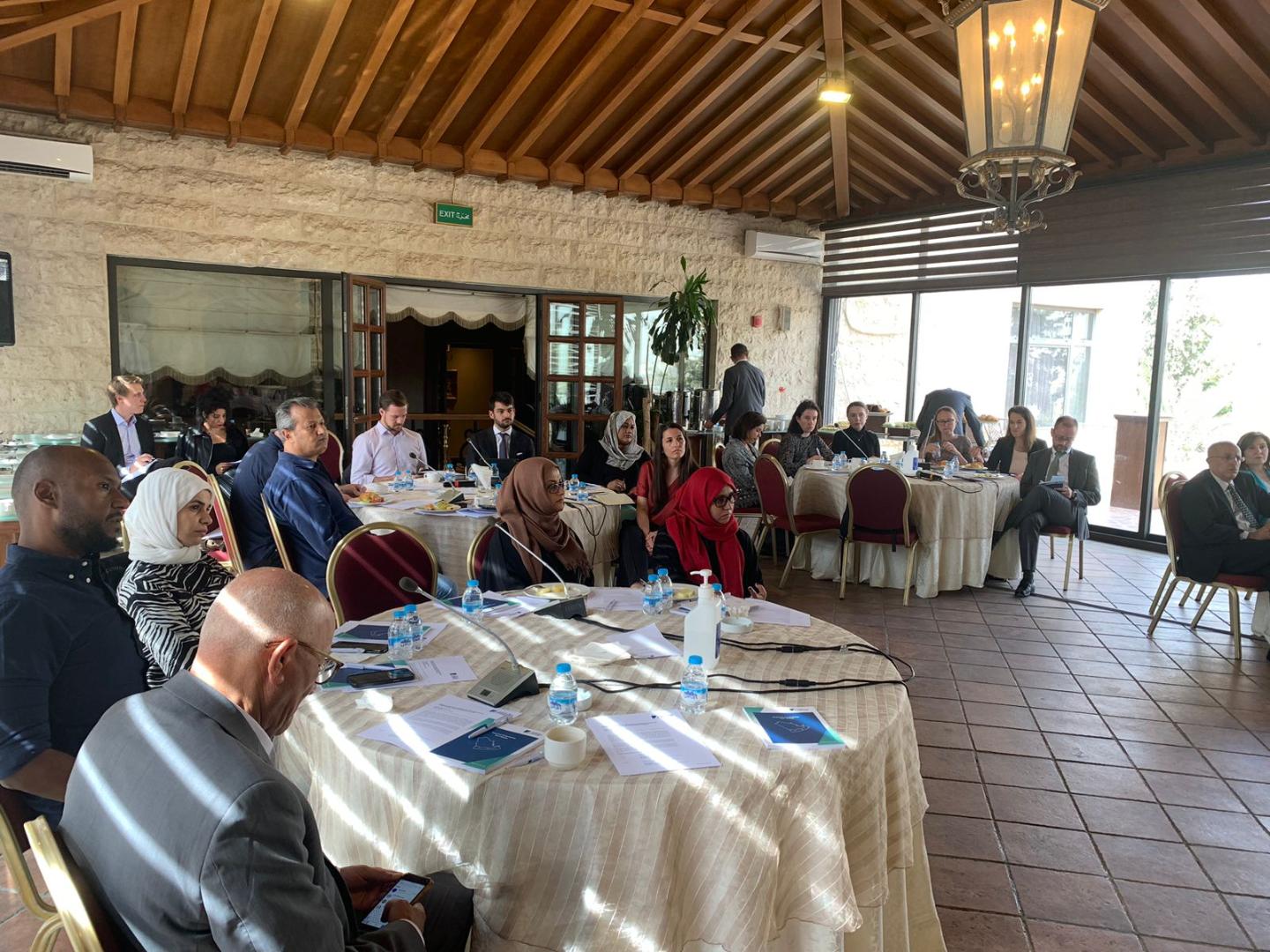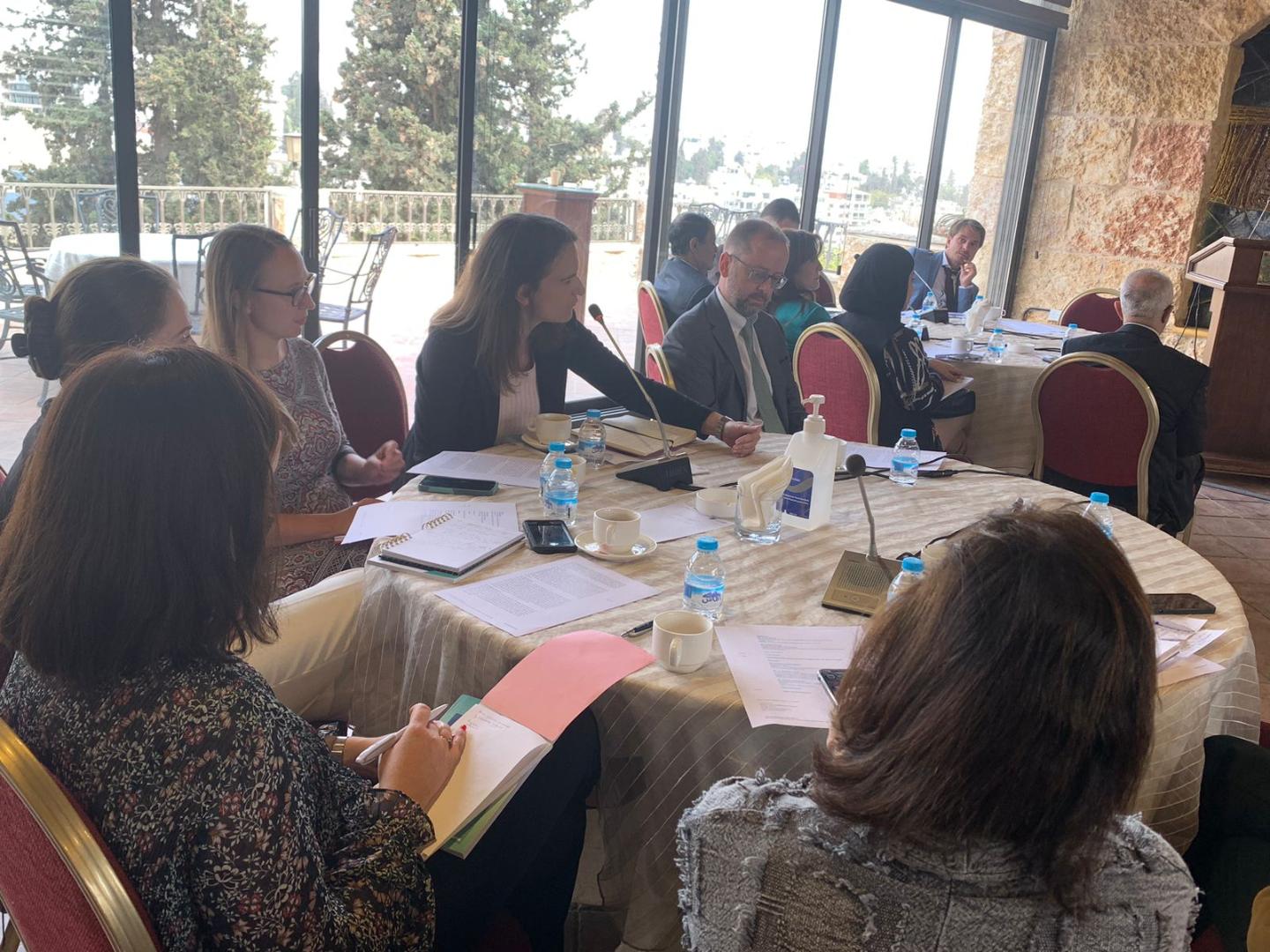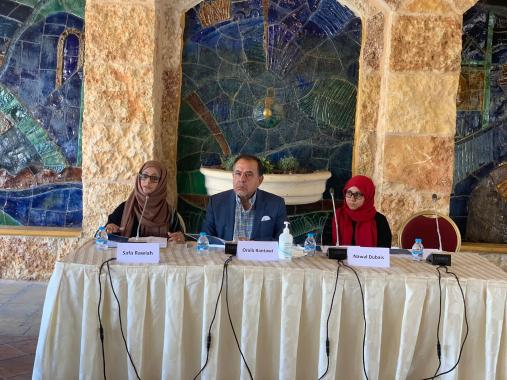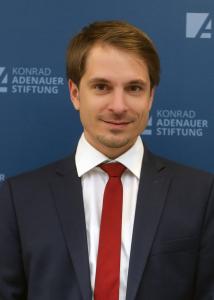The consequences of the Russian aggression on Ukraine are not only being felt in Europe, as it endangers, among other things, the grain supply of many states in the global South. Among them is Yemen, which is already experiencing one of the greatest humanitarian disasters due to seven years of war. Against this backdrop, the Konrad-Adenauer-Stiftung (KAS) organised a panel discussion in Amman on the 25th October 2022 on the impact of the war in Ukraine on the humanitarian crisis in Yemen and the prospects for peace. The event aimed to bring together Yemeni activists living in Amman and representatives of international organizations working on Yemen to discuss possible solutions to the ongoing situation in Yemen, which has been exacerbated by the Ukraine war.
The event was divided into two panels with keynote speeches followed by a discussion with the audience. In his opening remarks, KAS Jordan resident representative Dr. Edmund Ratka addressed the reshuffling of the regional and domestic order in the MENA region and Yemen in particular and highlighted that the region is might move from confrontation to cooperation, as can be seen by the Saudi Arabia and Iran talks and as well with the truce in Yemen. Mr Oraib Rantawi, Director of the Al Quds Centre, moderated both panels. The first panel focused on the war in Ukraine and its impact on the humanitarian crisis in Yemen, and the second panel looked at the status of the ceasefire and the prospects for a peaceful solution to the conflict.
Ms. Safa Rawiah, the General manager of the Youth Leadership Development Foundation (YLDF) and Ms. Nawal Duabis, a program manager at the YLDF spoke on the first panel. Ms. Rawaih started by reminding all participants of the terrible humanitarian situation - 23.2 million people dependent on humanitarian aid. She then spoke of three groups that have been particularly affected by the crisis and can no longer be supported by the state or the de facto governing party, but who must make a decisive contribution to stabilising Yemen. These are women, youth and civil society. Ms Duabis addressed the difficulties of distributing humanitarian aid, whose underlying complex organisational structure is a major problem. This structure for the distribution of humanitarian aid is divided into two entities and continues to differ at the national and governorate levels. In the discussion that followed, the difficulty of living as a woman in Yemen was a major topic.
On the second panel, Ms. Yasameen Al-Nadheri, a political analyst, together with Mr. Masaaki Watanabe and Ms. A. Heather Coyne, both from the Office of the Special Envoy of the Secretary-General for Yemen (OSESGY) gave introductory remarks. Ms. Al-Nadheri explained that the Houthis and the Presidential Leadership Council (PLC), do not represent the Yemeni people and the state structures that still exist are getting weaker. Mr. Watanabe spoke of the successes that the six-month ceasefire had brought to Yemen and made it clear that the United Nations (UN) continued to work for lasting peace. Ms. A. Heather Coyne explained the dangers posed by the security sector to civilians and made it clear that the accountability of security actors needed to be increased.
KAS will continue to provide a platform for poicy discussions on Yemen and help strengthen the role of Yemeni civil society organizations on the ground through its cooperation with partners such as the YLDF.
Cover Image: Reuters (Feb. 2020)



